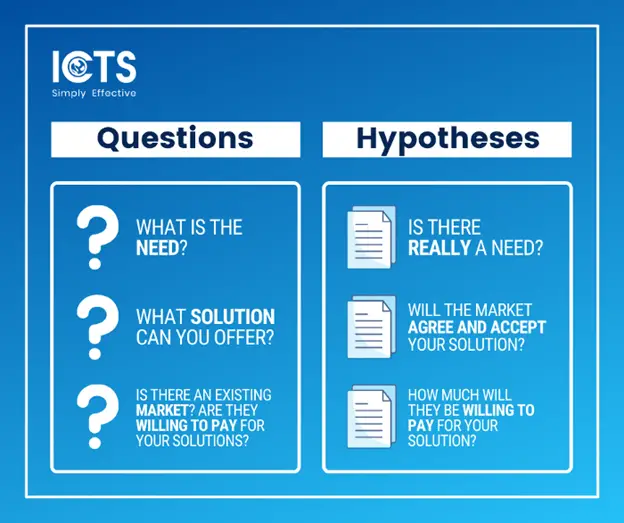Click here to get this post in PDF
Incorporating an MVP, or Minimum Viable Product, into the software development process has become an acknowledged strategy in the software development industry. Several technology giants started with an MVP before going large scale. Similarly, technology startups and businesses can make use of an MVP before proceeding to pour large amounts of resources into the full development of the product.
This is because making use of an MVP helps businesses collect feedback early on which may resultantly help in minimizing risks. The generated and collected feedback could serve as a guide in making decisions for the further development of the product. Instead of having to test the market’s receptiveness during the official product launch, an MVP enables businesses to validate these assumptions even before the product is fully developed.
Hence, through MVP development, businesses get to know more about their product and the market. Such is the general goal of MVP development.
What are your goals for MVP Development?
Though the general purpose of making use of an MVP is to test the business idea and market assumptions, different types of MVPs are capable of testing different hypotheses. Businesses do not always have the same hypotheses or assumptions in mind. Thus, in determining which type of MVP to go with, it is important to know why the company wants to have an MVP to be developed and launched in the first place. .
There are three main questions that encapsulate the idea behind various market assumptions.
- What is the need or problem that you would like to solve?
- What can you offer in order to address the need or problem?
- Will the market be willing to pay in order to avail of your solutions? If yes, how much would they pay? Is there an existing viable market?
These three questions may also serve as a guide in choosing which MVP would suit the company’s MVP development goals. A specific type of MVP can be developed and launched depending on what market assumption the MVP is supposed to validate.

Types of MVPs
- What is the need or problem that you would like to solve?
Business ideas may stem from a perceived need. However, unless such a need is validated, it would remain an assumption. Despite how strategic a business idea may seem, there are instances where business ideas do not match with the needs of the market. Instead of validating the need through a fully developed product, companies can make use of certain MVPs to verify this hypothesis.
These are the types of MVPs that can be used to test such assumptions:
- Customer Survey MVP
- Email MVP
- Audience-building MVP
- What can you offer in order to address the need or problem?
If the need is established, this would mean that there is room for a solution to be offered. However, there is no guarantee that the market would agree and accept the proposed solution. The market may want something else or the market may have a different solution or alternative in mind. Hence, through an MVP, companies are given the opportunity to ask and listen to the market and assess the market’s overall receptiveness to the solution that the company plans to offer.
To validate such assumptions, these MVPs can be developed and launched:
- Software MVP
- Landing Page MVP
- Wizard of Oz MVP
- Explainer Video MVP
- Ad Campaign MVP
- Single Market MVP
- Single Function MVP
- Will the market be willing to pay to avail of your solutions? If yes, how much would they pay? Is a viable market existent?
The market’s willingness to pay for such a solution is also an assumption that may be worth testing. Given that there are several free services available and accessible, there is no certainty that the market would view such a solution as one that is worth paying for. If the market is willing to pay, another concern would be the amount they would be willing to offer. Knowing this may help companies in pricing the product according to its value. Thus, testing this assumption may also be beneficial.
To test these hypotheses, the following types of MVPs may be developed and used:
- Pre-order MVP
- Crowdfunding MVP
- Sign up for trials MVP
Each type of MVP is capable of generating specific and different kinds of data and feedback. Given each type’s differences in development and results, it is important to know what the business desires to achieve and why MVP development may help the business in the first place. Knowing the specific goals of MVP development would help narrow down options and aid the decision-making.
Once the type of MVP has been decided on, companies can then choose to build their own in-house team or they may opt to outsource their MVP development. Each option has their pros and cons. However, regardless of the choice, opting to have an MVP developed—with specific development goals—would greatly aid businesses in navigating through the market strategically.
About the Author
Ellen Nguyen is the Partnership Development Manager at ICTS Custom Software, a Vietnam-based software and mobile app development company. She has accompanied several businesses from various industries on their digital transformation journey.
LinkedIn profile: https://www.linkedin.com/in/phuongminhnguyen/
You may also like: 5 Benefits of Building a Minimum Viable Product (MVP) for a Startup



